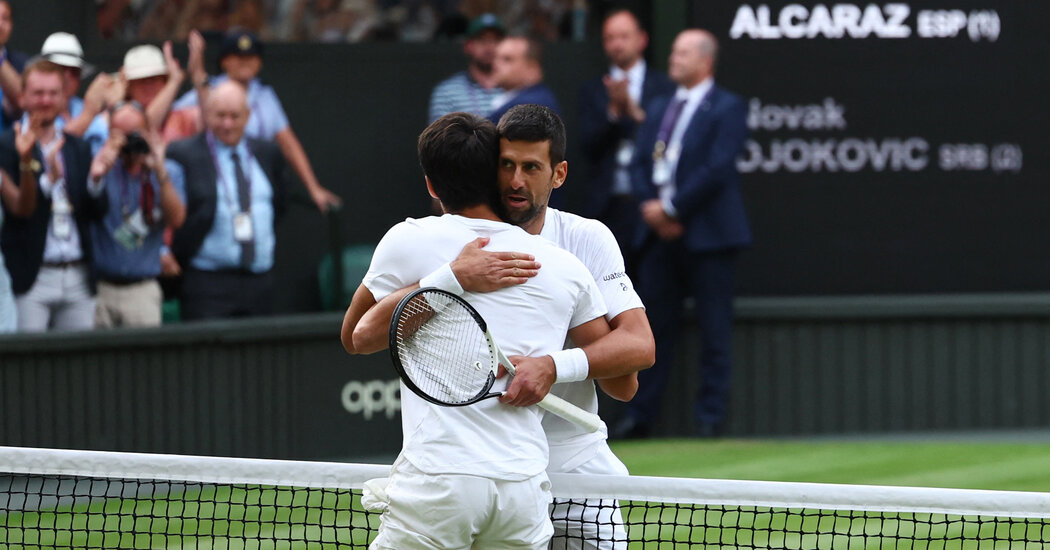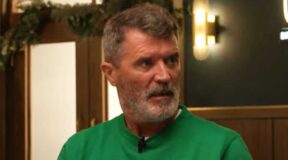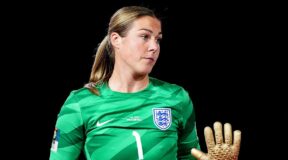With the driving force of a forehand winner, Novak Djokovic slammed his racket into a net post, then quickly picked up the twisted wreckage and sat down. It was an uncharacteristic outburst of rage from the 23-time Grand Slam singles champion, and it seemed to be about more than the point he had just lost.
Djokovic, who fully expected to win Wimbledon on Sunday, and perhaps a few more times in the coming years, appeared to be gaining a realization in that moment: His singular dominance of the men’s tennis tour in recent years may be over.
Carlos Alcaraz, the 20-year-old Spaniard, was demonstrating incredible mental strength and tennis skill in a five-set gem, and an enticing new rivalry was being born.
“Ha, I hope so,” Djokovic, the 36-year-old Serb, said with a laugh. “For my sake. He’s going to be on the tour for quite some time. I don’t know how long I’ll be around.”
Just when Djokovic had outlasted Roger Federer and peak Rafael Nadal, now he has to contend with a composed, talented and versatile young bull who has everything it takes to be one of the greats of the game.
If a torch was not passed on Sunday, it was at least up for grabs.
“Novak’s got someone to deal with now, for sure,” said Chris Evert, the 18-time Grand Slam singles champion, who watched from the royal box as Alcaraz beat Djokovic in an electrifying conclusion to Wimbledon. “It’s like when Steffi Graf came up and started beating me and Martina. We saw right away how good she was, and she went on to win more Slams than either of us.”
From 1981 until 1986, Evert and Martina Navratilova, who was also in the royal box Sunday, won 18 of the 20 major titles, including a run of 15 in a row. Then Graf vanquished Navratilova in the 1987 French Open final and went on to win 22 major championships in all.
Until Sunday, Djokovic seemed invincible in best-of-five-sets matches at Grand Slam tournaments and especially on Centre Court, where he had not lost in 10 years. With Federer retired and Nadal dealing with chronic injury problems at 37, one could have envisioned Djokovic vacuuming up several more trophies over the next few years while Alcaraz honed his game.
It’s plenty honed.
Alcaraz put it all on display in the 1-6, 7-6 (6), 6-1, 3-6, 6-4 victory that gave him his first Wimbledon singles title and robbed Djokovic of the chance to win five Wimbledons in a row and a record-tying eighth for his career.
Djokovic was also hoping — and was favored — to win his 24th major title, which would have tied Margaret Court for the most in a career and left just the U.S. Open later this summer to complete the Grand Slam. It all seemed virtually inevitable, but now he may have to recalibrate.
“I haven’t played a player like him ever, to be honest,” Djokovic said. “Roger and Rafa have their own obvious strengths and weaknesses. Carlos is very complete player. Amazing adapting capabilities that I think are a key for longevity and for successful career on all surfaces.”
Perhaps the reason for the racket slam, which Djokovic attributed to the frustration of the moment — Alcaraz had just broken his serve in the fifth — is because the Wimbledon grass was where Djokovic had hoped to enjoy a slight edge over his precocious new rival in the coming years.
Alcaraz grew up playing mostly on clay, but he quickly adapted to hard courts and won the U.S. Open in September when he was only 19. Djokovic was absent from that event and Alcaraz’s victory came against Casper Ruud of Norway, who is a good player, but no Novak Djokovic.
Now he has shown his mettle on grass, against the best players in the most prestigious tournament in the world. During an on-court ceremony after the match, Djokovic, who teared up when mentioning his son, graciously lauded Alcaraz. He noted that, yes, he knew Alcaraz would be an instant force on red clay and blue paint. Now, grass, too? Already?
“I didn’t expect him to play so well this year on grass,” Djokovic said. “But he’s proven that he’s the best player in the world, no doubt. He’s playing some fantastic tennis on different surfaces and he deserves to be where he is.”
Even before the racket smash, there was another extended moment when Djokovic might have gotten the signal that he was in for a challenging few years.
With Djokovic serving at 1-3 in the third set, the two men played a 32-point game with 13 deuces that lasted over 26 minutes. Both players ran and dove and made amazing shots, and the spectators hollered in delight at the extraordinary play, and the guts on display.
“The nerve Alcaraz showed was absolutely remarkable,” Evert said.
Finally, after Djokovic hit a forehand into the net, Alcaraz had broken serve again. He put his finger to his ear, asking the crowd for more noise, and right there Djokovic had to know. For as many years as he can hang on, Alcaraz will probably be there, too, even on grass.
“I think it’s good for the sport, 1 and 2 in the world facing each other in almost a five-hour, five-set thriller,” Djokovic said. “Couldn’t be better for our sport in general.”
Source: Read Full Article





